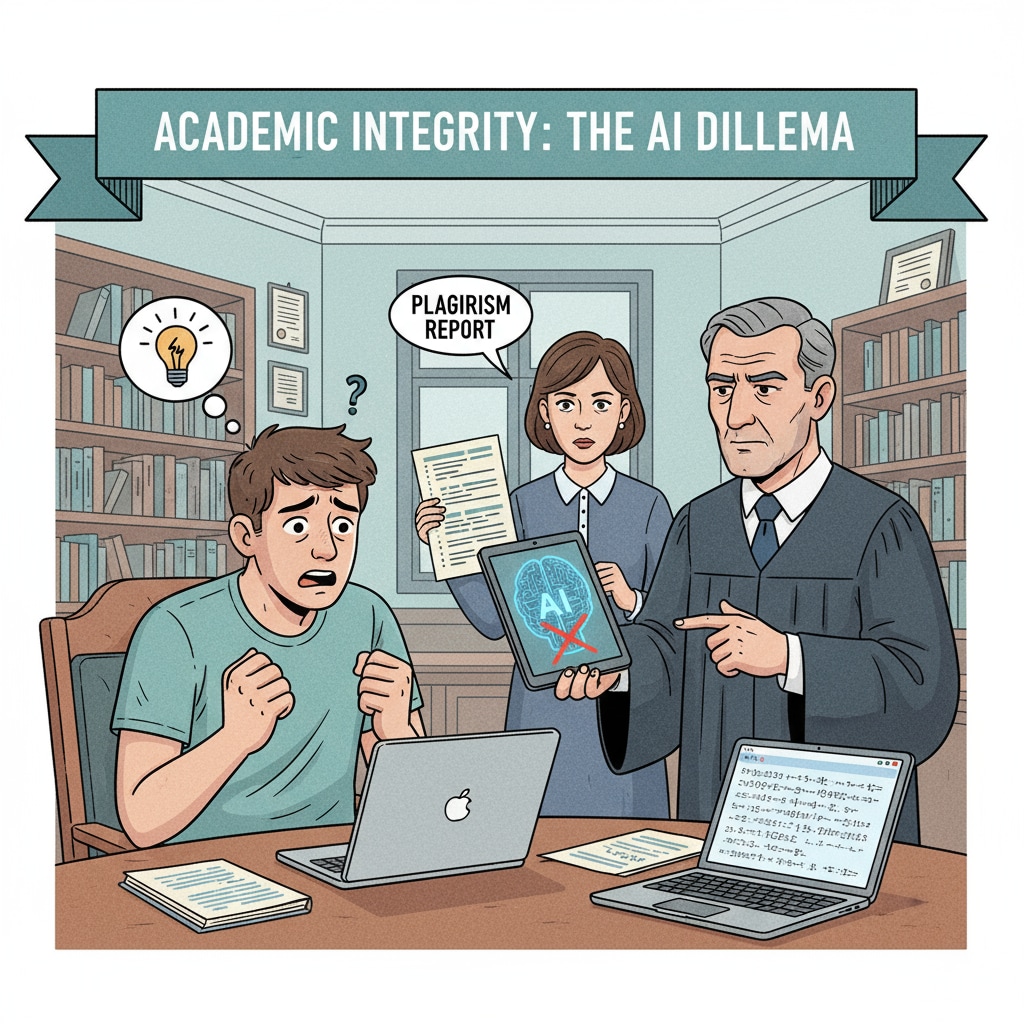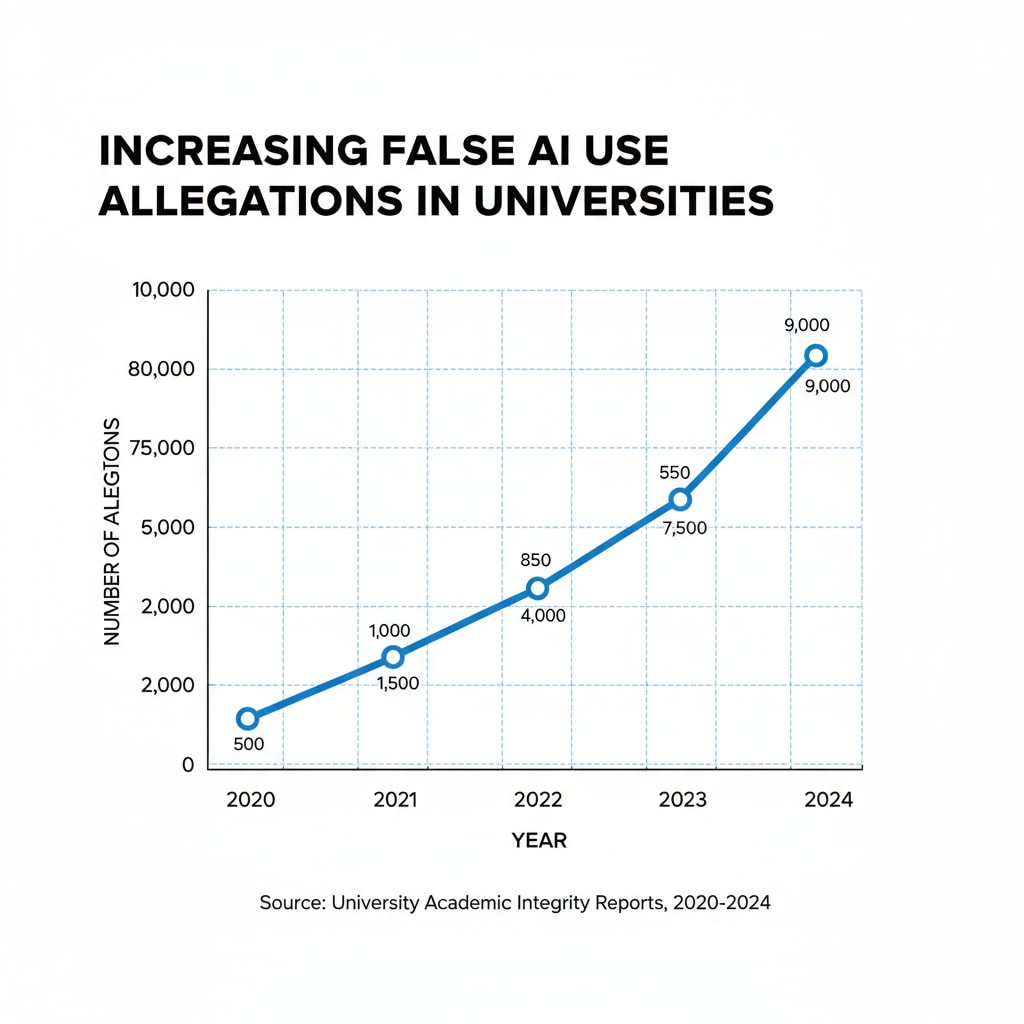In the era of rapid technological advancement, the issues of university liability, false allegations, AI use, and academic penalties have become highly relevant. The increasing presence of artificial intelligence in the educational realm has led to a surge in cases where students are wrongly accused of using AI to complete their assignments. This not only questions the accuracy of academic integrity judgments but also brings to light the legal and moral responsibilities of educational institutions.

The Growing Problem of False AI Allegations
AI has revolutionized various aspects of our lives, and education is no exception. However, the lack of foolproof methods to detect AI use has resulted in many unjust accusations. For example, some automated detection tools may flag a student’s work as AI-generated based on certain writing patterns, without considering individual writing styles or the use of legitimate research tools. As a result, innocent students are often caught in the crossfire, facing potential academic penalties that can significantly impact their educational journey.

Legal Responsibilities of Universities
Universities have a legal obligation to ensure a fair and just academic environment. When making accusations of AI use, they must have substantial evidence to support their claims. Failing to do so can expose them to legal risks. According to American Bar Association guidelines on academic integrity, educational institutions should follow proper procedures, including providing students with the opportunity to defend themselves. In addition, universities may be held liable for damages if a false accusation causes harm to a student’s reputation or academic progress.
The Moral Imperative for Fair Judgments
Beyond the legal aspects, universities also have a moral responsibility. False accusations can damage a student’s trust in the educational system and have a negative impact on their mental health. Therefore, institutions should invest in developing accurate detection methods and training faculty to make informed decisions. This will help maintain the integrity of the academic environment and ensure that students are treated fairly.
In conclusion, as AI continues to shape the educational landscape, universities must take proactive steps to address the issues of false allegations, AI use, and academic penalties. By fulfilling their legal and moral responsibilities, they can create a more just and equitable learning environment for all students.
Readability guidance: This article uses short paragraphs and lists to summarize key points. Each H2 section provides relevant details. The proportion of passive voice and long sentences is controlled, and transitional words are used throughout the text to enhance readability.


